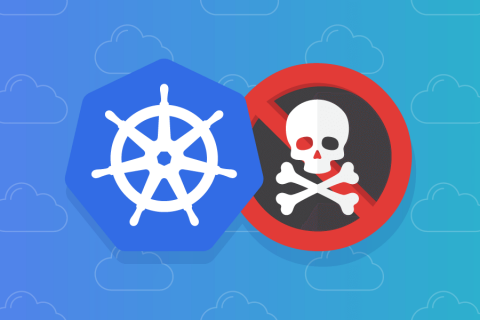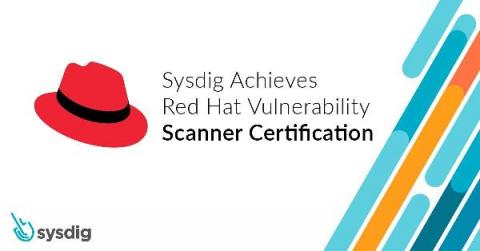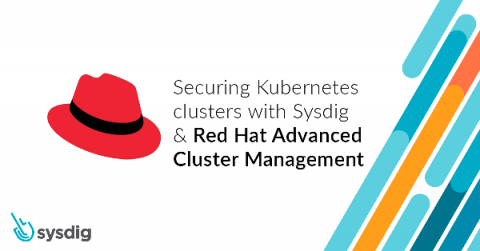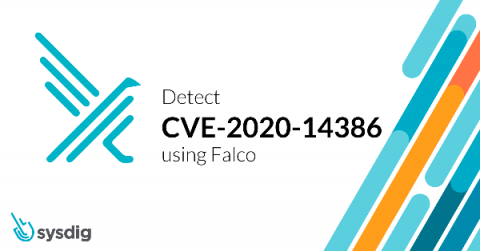REvil's new Linux version
The ransomware-as-a-service (RaaS) operation behind REvil have become one of the most prolific and successful threat groups since the ransomware first appeared in May 2019. REvil has been primarily used to target Windows systems. However, new samples have been identified targeting Linux systems. AT&T Alien Labs™ is closely monitoring the ransomware landscape and has already identified four of these samples in the wild during the last month, after receiving a tip from MalwareHuntingTeam.










